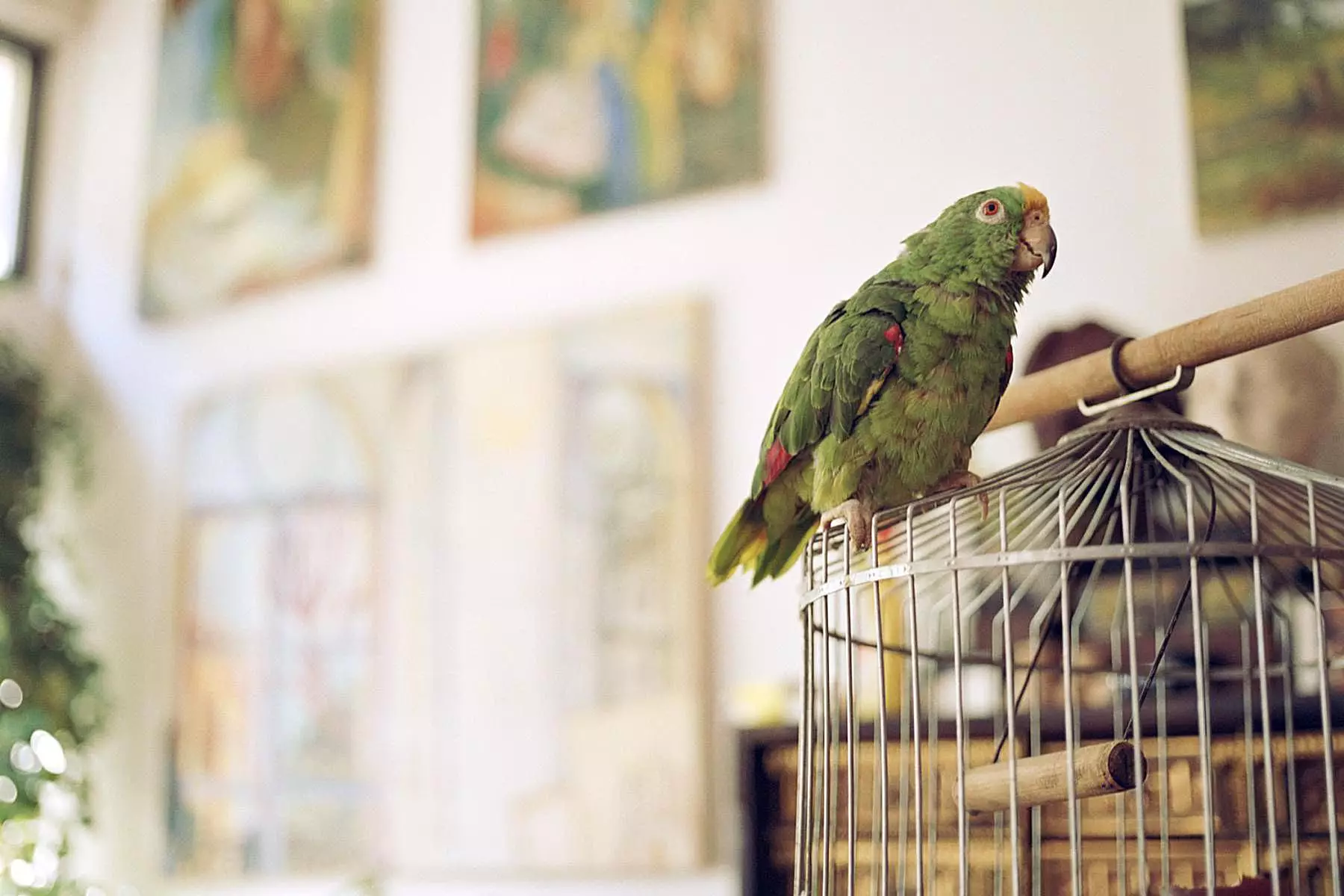As a pet owner, recognizing the emotional state of your avian companion is crucial. One of the clearest indicators of depression in birds is a noticeable drop in appetite. Birds, having fast metabolisms, can quickly succumb to health issues if they stop eating. If you notice any decline in your bird’s food intake over a period of just two days, it’s essential to consult with an avian vet promptly. Weight loss can occur rapidly, posing grave risks to your pet’s well-being.
In addition to appetite changes, a significant shift in a bird’s behavior can signal underlying issues. A particularly striking example is a shift toward aggression. While hormonal fluctuations can sometimes provoke aggressive tendencies—especially in parrots—persistent out-of-character behavior might indicate chronic unhappiness. It’s vital to evaluate any sudden behavioral changes and engage your veterinarian to dismiss possible medical problems before assuming the issue stems from emotional distress.
Feather plucking is another behavioral red flag that can escalate quickly into a critical issue. If you see bald patches on your bird, immediate veterinary attention is mandatory to rule out potential health concerns. Once physical ailments have been excluded as a cause, it’s time to introspect and determine environmental or behavioral stressors that may be playing a role.
Often, birds resort to plucking due to boredom or inadequate social interaction. Doubling down on dedicated playtime and engagement with your bird can significantly impact their happiness. Birds, like other pets, thrive on attention and socialization. As the pet owner, you must assess your bird’s needs, as you are their primary companion and the best-equipped to make the necessary changes for their mental well-being.
Vocalizations provide a valuable insight into your bird’s emotional health. If you are accustomed to your pet’s routine sounds and suddenly notice changes—be it a new shrillness or a lack of chirping—it may indicate dissatisfaction or distress. Birds may scream when they are bored or craving interaction, so a notable increase in volume could suggest that your feathered friend is seeking your attention. Engaging with your bird more frequently can alleviate both frustration and loneliness.
Furthermore, keeping track of the types of sounds your bird makes can deepen your understanding of their mood. If you once enjoyed their playful chatter and now hear more distressed calls, it may be time for a change in routine to reignite their spirits.
Stress bars on feathers are another telltale sign of a potentially unhappy bird. While they don’t directly compromise a bird’s health, they are a visual cue indicating issues with quality of life. When these stress indicators appear, it’s time for pet owners to scrutinize their pet’s surroundings. Consider the diet, living conditions, opportunities for mental stimulation, and social interactions.
Improving these factors may significantly enhance your bird’s mood and overall health. Take a good, hard look at your bird’s environment and consider whether you can offer richer experiences, such as different play toys, regular outings for fresh air, or enhanced interaction with you and other family members.
Always remember that if there are suspicions of illness or worsening behavioral issues, prompt consultation with a veterinarian is critical. They can offer guidance tailored specifically to your bird based on past health records and a comprehensive examination. Prioritizing the emotional and physical well-being of your avian companion is not just an act of love; it’s an essential responsibility of pet ownership. By remaining vigilant about your bird’s behaviors and making necessary adjustments to their care, you can help them lead a happier and healthier life.


Leave a Reply